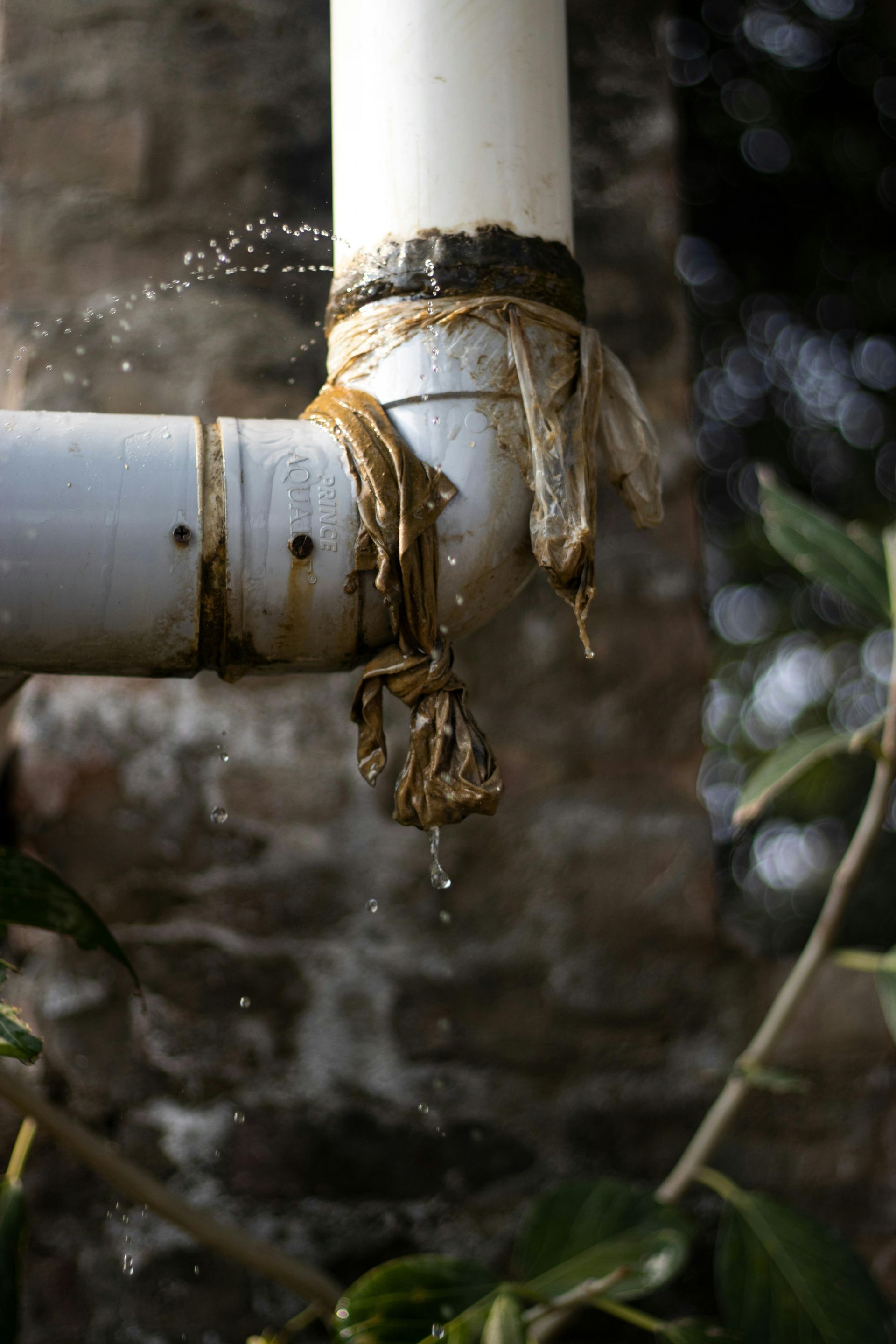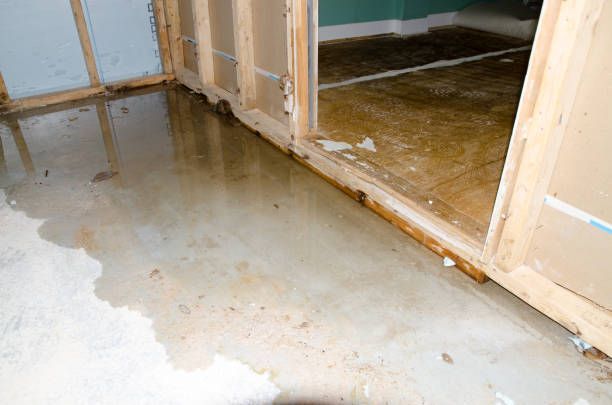Flooding can be disastrous. No matter where or when it happens, a large-scale water intrusion can cause damage to not only your personal belongings, but also to the structure of your home. Worse yet, if the water is not properly extracted and the damage is mitigated, it could potentially lead to mold growth. In many cases, the basement can be one of the first places where water can intrude and accumulate. In this post, we will go over some of the more common causes of basement flooding, and what you should do if your basement floods.
Common Causes of Basement Flooding
Because basements are both underground and near the foundation, they are some of the areas most often prone to flooding. Because of this, if you store belongings in your basement, we recommend storing them in plastic totes rather than cardboard boxes, because in the event of a basement flood, they will offer better protection against water damage. If water begins to accumulate around the exterior walls of your house, it could begin to seep in and drain down the walls of your basement. Some reasons why there might be an excess of surface water could include improperly installed gutters and downspouts causing water to pool near your foundation. More extreme sources could include inclement weather, which could also cause groundwater to seep up through any cracks in the foundation.
Another unfortunate cause of basement flooding is a sump pump failure. If your home relies on a sump pump to relieve the inflow of water, it is crucial that the pump operates as intended. Otherwise, it might not be able to keep up with the incoming water, causing backups and flooding.
Other common causes of basement flooding could include leaking pipes or broken appliances such as water heaters. If this is the case, do not attempt to shut off the source of water yourself. A flooded environment can be dangerous due to a variety of factors, and it is highly recommended that you do not endanger yourself by entering the flooded area.
What should I do if my basement floods?
Step 1: Take photos!
The first step is to document the scene by taking photos of the affected area. Please do not enter the flooded area to take these photos, just do the best you can. These photos will be invaluable if you decide to file an insurance claim.
Step 2: Call a plumber
The next step is to stop the inflow of water. If the flood is due to a broken appliance, leaking pipe, or failed sump pump, a professional plumber can replace or repair the source of the water to prevent more water from entering the area. If you are not sure what the source of the water is, a plumber can also help you to identify the cause. This is important for the next step, as the water can’t be extracted by a water mitigation expert like Faulkner Restoration until the inflow of new water has been stopped.
Step 3: Call a water mitigation expert
The final step is to call a water mitigation expert like Faulkner Restoration. These professionals use specialized equipment to extract the standing water, dehumidify the space, and totally dry out the affected area. Our team of experts can help you to assess the extent of the damage, and help you determine whether to file an insurance claim. If you decide to file, our experts have decades of experience dealing with insurance companies and can help you with that process as well.
Even though a flooded basement can be frightening, professionals like Faulkner Restoration are here to help, and ensure your home is returned to its original condition. Call the experts at 317-782-9999!
Contact Faulkner Restoration Today!
Faulkner Restoration will do everything we can to ensure your experience with us is excellent.
Request A FREE Estimate
Request a Free Estimate Form
Checkout Recent Post





